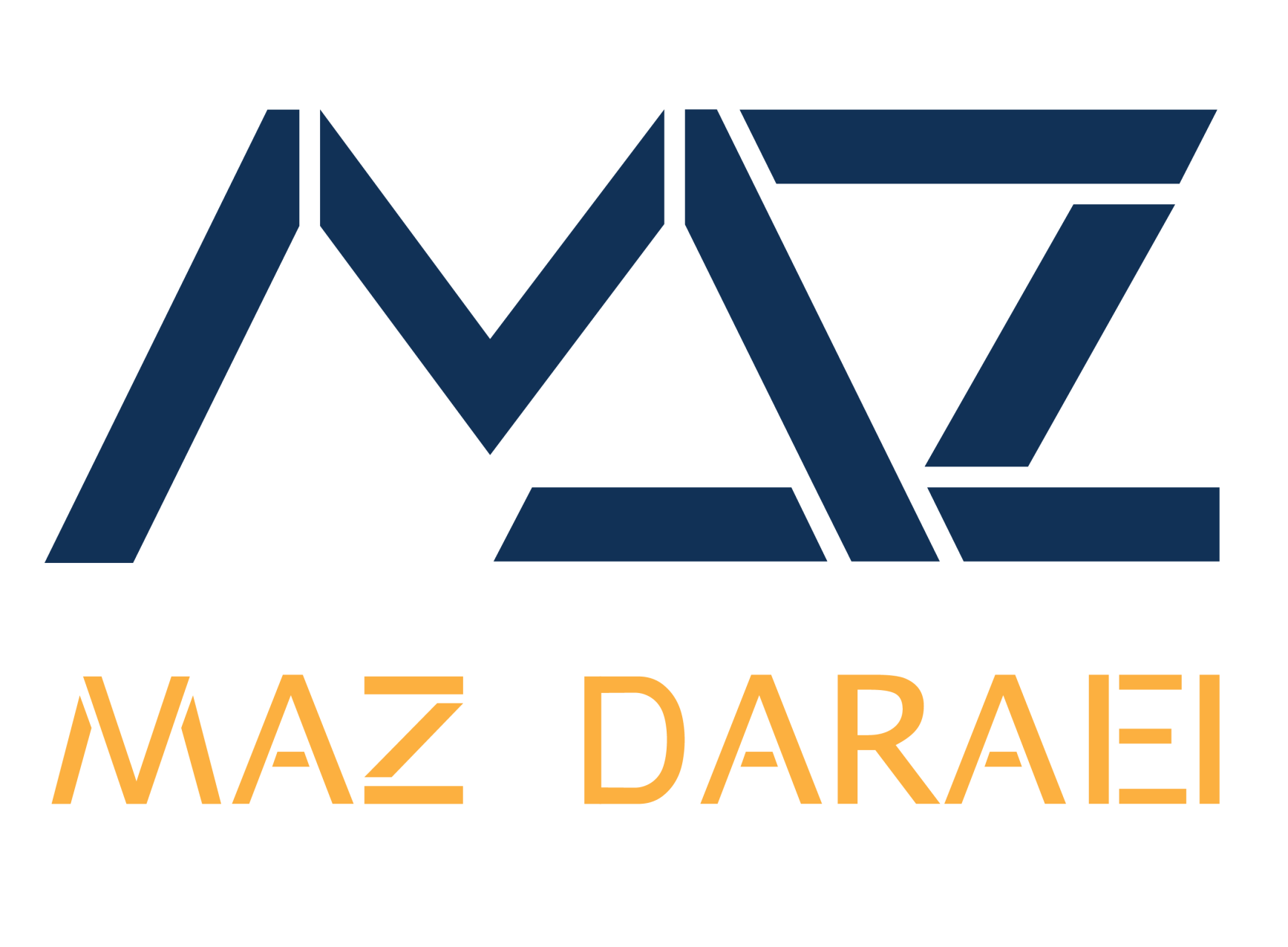Difference Between Refinance and Renewal
When it comes to managing your mortgage, you may encounter the terms “refinance” and “renewal.” While they may seem similar, they refer to different processes and have distinct implications for your financial situation. Understanding the difference between refinancing and renewal can help you make informed decisions that align with your financial goals.
What is Mortgage Renewal?
Mortgage renewal occurs when your current mortgage term ends, and you need to establish a new term with your lender. This process typically happens every few years, depending on the length of the original mortgage term, which is usually between one to five years.
Key Features of Mortgage Renewal:
- Same Lender: When you renew your mortgage, you often stay with the same lender unless you choose to switch (which may involve refinancing).
- New Rates and Terms: At renewal, your lender will present you with new interest rates and terms based on current market conditions. You have the opportunity to negotiate better rates or terms.
- No Additional Funds: Renewal focuses on extending your existing mortgage; it usually does not involve any changes to the loan amount, meaning you’re not accessing additional funds.
- No Credit Check: Renewing usually doesn’t require a credit check since you’re working with your existing lender.
What is Mortgage Refinancing?
Refinancing, on the other hand, involves replacing your existing mortgage with a new one, often with a different lender. This process allows you to access equity in your home, adjust your interest rate, or change your mortgage terms.
Key Features of Mortgage Refinancing:
- New Lender Potential: When refinancing, you can switch to a different lender, giving you the chance to explore better interest rates or loan products.
- Access to Equity: Refinancing can allow you to tap into the equity in your home, providing you with additional funds for renovations, debt consolidation, or other financial needs.
- Potential for Better Terms: If interest rates have dropped or if your financial situation has improved, refinancing may enable you to secure a lower interest rate or change the term length of your mortgage.
- Credit Check Required: Refinancing typically requires a credit check and a new mortgage application, as lenders assess your current financial situation.
When to Consider Each Option
- Consider Renewal When: Your mortgage term is ending, and you want to keep your current mortgage balance and lender. If you’re satisfied with your loan conditions and the rates being offered, renewal might be the simplest option.
- Consider Refinancing When: You want to access equity, obtain a better interest rate, or alter the terms of your mortgage. If you’ve improved your credit score, noticed lower market rates, or need to borrow more funds, refinancing can be a beneficial choice.
Conclusion
Understanding the distinction between mortgage refinance and renewal is crucial for making informed financial decisions. Renewal is a straightforward way to extend your existing mortgage with your current lender, while refinancing presents opportunities for better rates, access to equity, and more flexible terms with possibly a new lender. Assess your financial situation, goals, and market conditions to determine which option aligns best with your needs. Consulting with a mortgage professional can also help guide you through the decision-making process, ensuring you choose the right path for your financial future.
